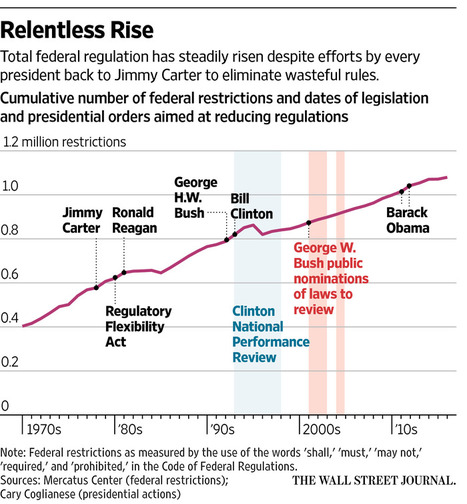(p. A4) London is choking from record levels of pollution, much of it caused by diesel cars and trucks, as well as wood-burning fires in private homes, a growing trend.
. . .
London’s air pollution today is different from seven decades ago, and more insidious. No longer thick as “pea soup,” as it was traditionally described, the city’s air is now laced with nitrogen dioxide — a toxic gas mostly produced by vehicles with diesel engines.
. . .
The current problem is, in part, an unintended consequence of previous efforts to aid the environment.
The British government provided financial incentives to encourage a shift to diesel engines because laboratory tests suggested that would cut harmful emissions and combat climate change. Yet, it turned out that diesel cars emit on average five times as much emissions in real-world driving conditions as in the tests, according to a British Department for Transport study.
“No one at the time thought of the consequences of increased nitrogen dioxide emissions from diesel, and the policy of incentivizing diesel was so successful that an awful lot of people bought diesel cars,” said Anna Heslop, a lawyer at ClientEarth, an environmental law firm that last year forced the British government to produce a better plan to improve air quality.
. . .
Bob Miller, 69, a cabdriver who has crisscrossed London for 30 years, wasn’t convinced. He has lost faith in recommendations by policy makers and experts, he said.
“We were told how wonderful diesel is, how they were supposed to be cleaner than petrol,” Mr. Miller said, idling his cab in heavy traffic with the window open.
“The experts make the rules, then they’re wrong,” he said, shaking his head. “I give up.”
For the full story, see:
KIMIKO de FREYTAS-TAMURA. “A Push for Diesel Leaves London Gasping Amid Record Pollution.” The New York Times (Sat., FEB. 18, 2017): A4.
(Note: ellipses added.)
(Note: the online version of the story has the date FEB. 17, 2017.)


